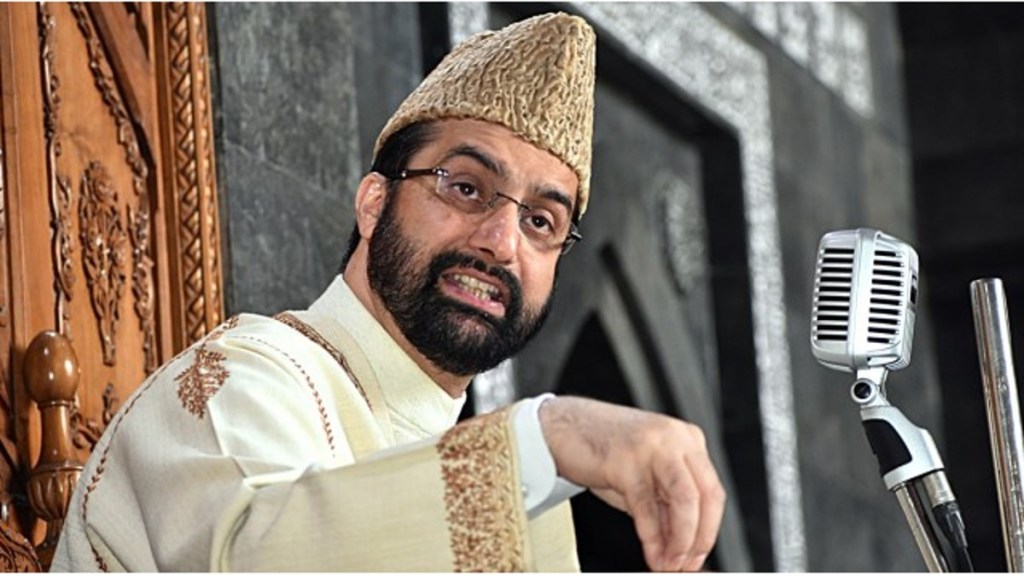Umer Farooq, the Mirwaiz of Kashmir and head of the Mutahida Majlis-E-Ulema (MMU), has raised serious concerns over the proposed amendments to the Waqf Act, calling them a threat to the Muslim community’s interests and a violation of fundamental rights, reported PTI
In a letter to Jagdambika Pal, Chair of the joint committee of Parliament examining the Waqf (Amendment) Bill, Farooq requested time for an MMU delegation to meet with the panel to discuss these apprehensions.
The Waqf (Amendment) Bill, introduced in the Lok Sabha, has been the subject of heated debate. While the government maintains that the law will not interfere with the functioning of mosques, the opposition argues that it targets Muslims and undermines the Constitution.
The MMU, a coalition of Islamic organisations, Ulemas, and academic institutions in Jammu and Kashmir, believes that the amendments pose a threat to the religious and charitable foundations of the Muslim community. Farooq stressed that the amendments violate Muslim personal law protected under Article 25 of the Constitution and exacerbate feelings of insecurity in a region already grappling with perceived threats to its religious freedom.
“The Muslim-majority region of Jammu and Kashmir feels very strongly about these amendments, viewing them as attempts to undermine our religious freedom and autonomy,” the Mirwaiz stated in his letter.
Farooq highlighted that Waqf properties, which are dedicated by Muslims for charitable purposes, serve the underprivileged and are integral to the community. He expressed concern over the proposed increase in government control over Waqf institutions, calling it an unjustified intrusion.
Key concerns in the letter include the government’s plan to grant collectors sweeping powers over Waqf properties, such as the ability to alter revenue records. The MMU believes this undermines the very purpose of the Waqf Act, which is meant to safeguard religious and charitable properties. Additionally, the MMU criticized the reduction of Muslim representation in the Central Waqf Council and state Waqf boards, stating that the amendments would allow non-Muslim members to dominate these bodies, which previously only allowed for one non-Muslim representative.
Farooq also raised alarm over the removal of the “Waqf by user” provision, which recognized long-term use of properties for religious purposes. He warned that this change could lead to communal disputes and litigation over mosques and other Waqf properties, potentially opening the door to state appropriation.
The MMU expressed particular concern over amendments that would allow the government to remove Waqf properties from protected status, risking the seizure or sale of assets vital to religious and charitable activities.
Calling for the rejection of the proposed changes, the Mirwaiz urged meaningful dialogue between the government and the Muslim community. He emphasized that collaboration, not imposition, is the key to addressing the community’s concerns.
The MMU has sought an urgent meeting with the joint committee of Parliament to discuss these issues and ensure that the voices of the Muslim community are heard.
(With inputs from PTI)

